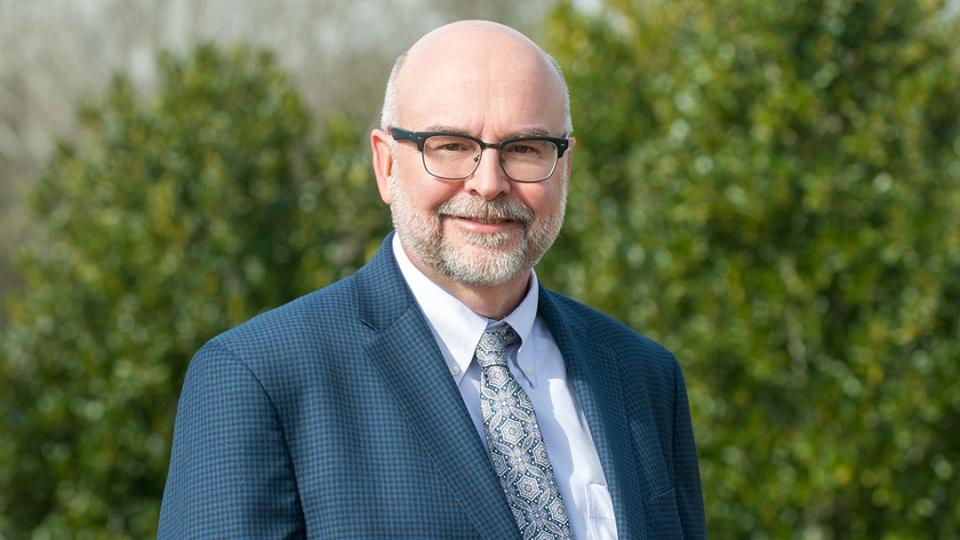How aphasia affects communication and quality of life
In March 2022, actor Bruce Willis’ family announced that he was retiring from acting after an aphasia diagnosis. This announcement drew national attention to aphasia and its impact on people’s quality of life.

Aphasia can make it difficult to speak, read or understand others. It’s estimated that approximately 1 million people in the United States live with aphasia.
What is aphasia?
Aphasia occurs when the language-dominant part of the brain is damaged. Symptoms can include difficulty speaking, finding the right words, understanding what others say, reading, writing, doing math, and processing long words or unusual words.
The most common cause of aphasia is stroke and approximately 40% of stroke survivors live with a form of aphasia. Aphasia can also be caused by a head injury, infection, brain tumor or progressive neurological disease like dementia.
The condition can affect each person differently depending on the underlying cause. Some people may be able to write, but not speak. However, in general, aphasia affects all forms of communication.
There are two main types of aphasia: nonfluent aphasia and fluent aphasia. Nonfluent aphasia can make speech difficult and cause a person to miss certain words, but they can generally be understood. A person’s words are more fluid with fluent aphasia, but what they say doesn’t always make sense.
Aphasia treatment
Treatment options for aphasia can include speech-language therapy, group therapy for people with aphasia and their families, and nonverbal communication therapy, such as the use of photos, gestures or computers to communicate.
Aphasia can sometimes resolve completely, though most people will continue to have some trouble communicating. That’s why it’s so important for those with aphasia and their family members to learn the best ways to communicate with each other.
Communicating with someone who has aphasia
Aphasia is a difficult diagnosis for both the person with the condition and their loved ones. Many people with aphasia know what they want to say, but are unable to communicate it clearly. If you have a loved one with aphasia, practicing empathy and patience can go a long way. Working with a speech-language pathologist can also help.
You can improve communication by reducing noise and distractions (such as turning off loud appliances or the TV), maintaining eye contact, speaking at a normal volume (unless the person is hearing impaired), and speaking to them as you would any other adult. It can also be helpful to speak a bit more slowly than usual or to break down instructions into smaller steps.
Be as encouraging and supportive as possible. Try not to correct them or finish their sentences. Asking yes-or-no questions can also be beneficial.
If you have aphasia
If you have aphasia, it can be a good idea to keep a pen and paper with you to aid in communicating with others. You may also consider keeping a card in your wallet indicating that you have aphasia and what it means.
It can be helpful to stay social and active in the community so you can practice the skills you learn in speech-language therapy. Experimenting with different forms of communication—such as drawings, gestures or assistive devices—can also be helpful when talking to others, including your health care providers.
Aphasia prevention
The best way to reduce your risk of aphasia is to reduce your risk of stroke. Stroke prevention measures include maintaining healthy blood pressure and cholesterol levels, not smoking, eating a healthy diet and exercising regularly.
If you have symptoms of aphasia, contact your primary care provider.
Dr. Duff Rardin is a board-certified neurologist at Pardee Neurology Associates.

This article originally appeared on Hendersonville Times-News: How aphasia affects communication and quality of life

